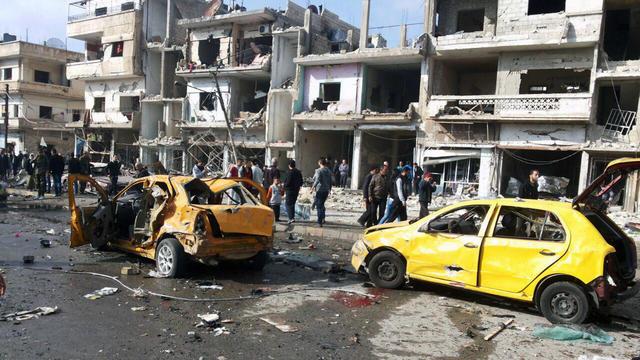
Nearly 130 people killed in series of bombings in Syria
Attacks hit neighborhoods in cities of Damascus and Homs -- and they came as Secretary of State John Kerry announced a preliminary ceasefire
Watch CBS News

Elizabeth Palmer is CBS News' senior foreign correspondent. She is based in the CBS News London Bureau and reports on events across Europe and the Middle East. Palmer was previously based in Tokyo, reporting from across Asia, and before that in Moscow, for CBS News.
After the 9/11 attacks, Palmer was one of the first network correspondents to get into Afghanistan. She spent much of the next decade reporting on the conflicts there and in Iraq. She has also travelled frequently to Iran to report on politics, culture, and the evolution of its nuclear program. She remains one of the very few Western journalists to have visited some of Iran's nuclear sites.
In 2011, Palmer covered the NATO military intervention in Libya that led to the overthrow of Muamar Ghadaffi. The following year, she reported on the death of U.S. Ambassador Chris Stevens in Benghazi and tracked down one of the prime suspects in the attack, interviewing him while famously sipping mango juice.
Palmer won a duPont Award for her reporting on the Syrian civil war. Over seven years and on multiple trips, she travelled from one end of the country to the other to gain access to both the Syrian Arab Army and to rebel fighters.
While Palmer has made a name for herself as a war correspondent, she loves the arts and has crafted many stories for "CBS Sunday Morning." She is proud to have been disguised on camera as a bunch of bananas by the Austrian body painter Johannes Stötter. Other highlights of her arts coverage include a profile of the American entertainer and civil rights activist Josephine Baker, and an interview in Moscow with Amor Towles, the American author of the bestselling novel "A Gentleman in Moscow."
Palmer loves to knit, which she says calms her nerves in war zones.
Before joining CBS News, she was the Moscow correspondent for the Canadian Broadcasting Corporation, reporting in both English and French (1997-2000). She also opened CBC's Latin American bureau in Mexico City in 1994, where she spent three years covering stories from the region that included the implementation of the North American Free Trade Agreement and the Chiapas indigenous rebellion.
Prior to her overseas assignments, she was a documentary reporter (1990-1994) for CBC's The Journal and a reporter (1988-1990) for the business program "Venture" in Toronto. Palmer hosted CBC Radio's Olympic coverage from the 1988 Winter and Summer Olympic Games and anchored some of the corporation's best-known current affairs programs.
She has contributed to the Columbia Journalism Review and The Globe and Mail, Iraq - An Oral History, and has filed reports and analysis for PBS and National Public Radio.
Palmer received the 1994 Science Writers of Canada Award for Best Television Documentary, the 1995 New York Television and Radio Award for Best News Feature, and the 2005 Sigma Delta Chi Award for her coverage of the Beslan school hostage siege in Russia. She is the recipient of several Emmy nominations.
Palmer was born in London and grew up in Canada. She graduated with honors from the University of British Columbia in 1976 with a bachelor's degree in English and did graduate studies at the Centre for Journalism Studies at University College in Cardiff. She and her husband have two children.

Attacks hit neighborhoods in cities of Damascus and Homs -- and they came as Secretary of State John Kerry announced a preliminary ceasefire
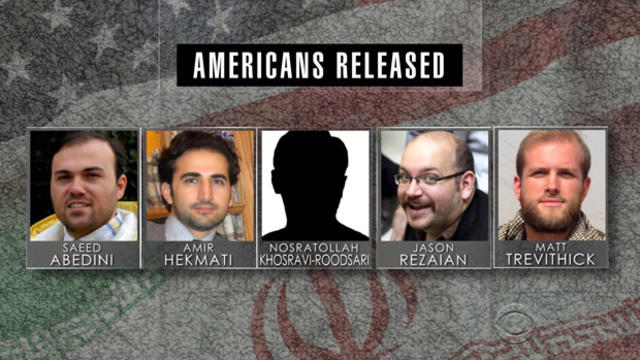
Detained Americans arrive in Germany to be reunited with their families after they were released from Iran in a prisoner swap
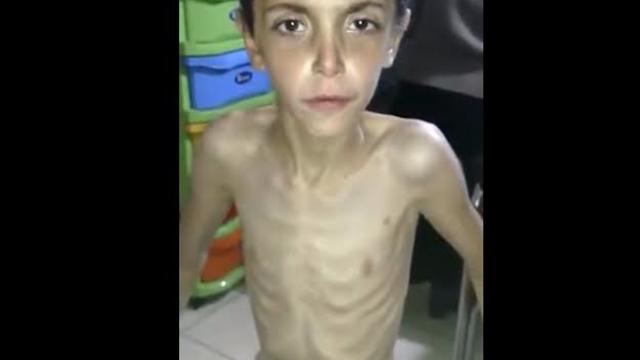
The Syrian town of Madaya, caught in the crosshairs of civil war, has not received food supplies since October

Foued Aggad, a 23-year-old French citizen, left in 2013 to join ISIS in Syria; but then somehow, slipped back into France
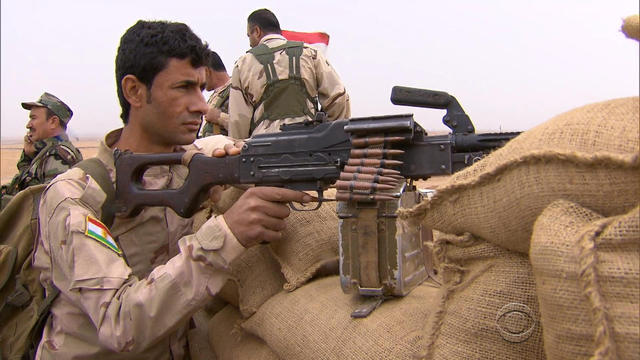
Kurdish forces released video of the mission to show they are winning the fight against the Islamic State of Iraq and Syria (ISIS)
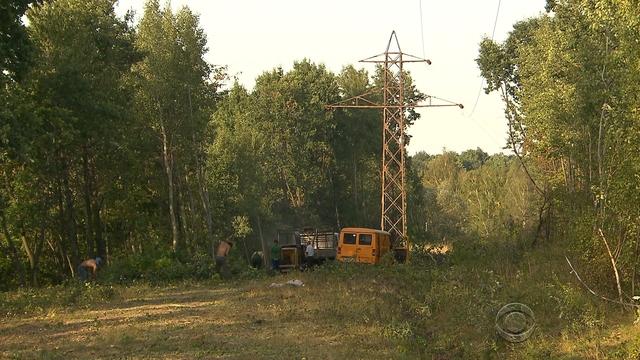
Amateur treasure hunters who found the train in Poland say they hope for millions of dollars
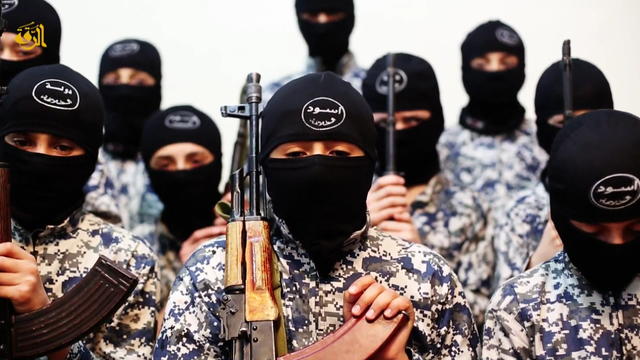
The Cubs of the Caliphate are boys as young as eight, drafted by ISIS for suicide missions, fighting and executions
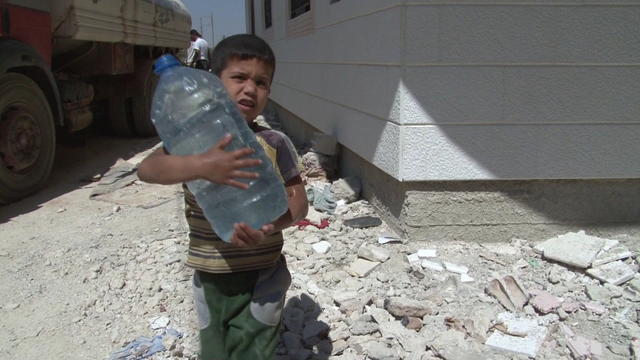
Humanitarian resources are dwindling as rebel fighters continue to squeeze Syria's refugees
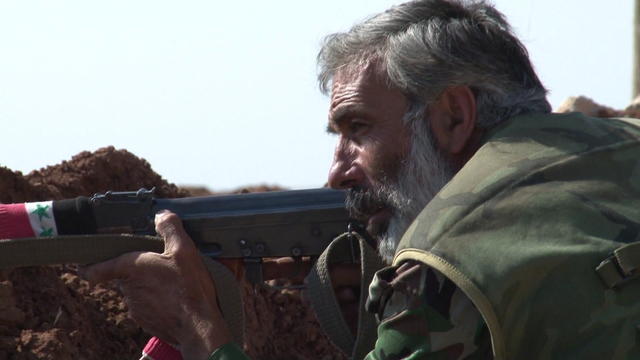
CBS News correspondent Elizabeth Palmer reports from the southern front of Syria's war
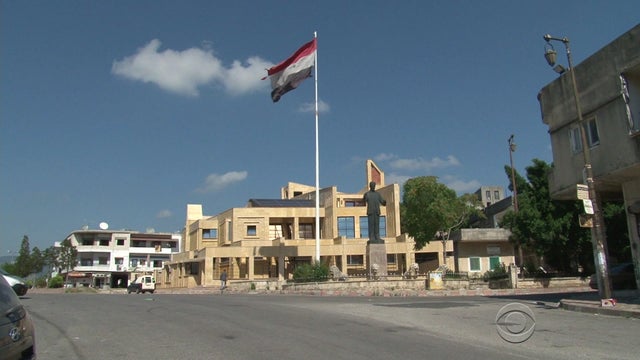
Despite mounting causalities of young men from Qardaha, the area remains deeply loyal to the Syrian president
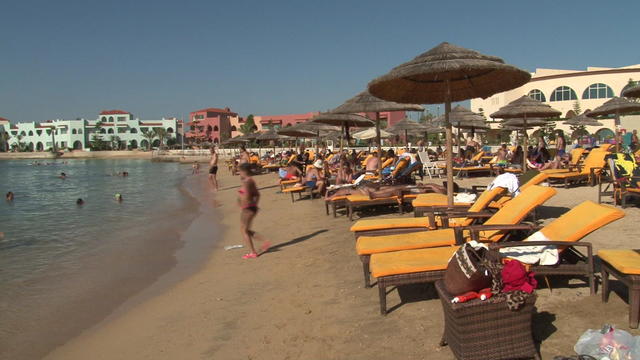
Latakia is one of the last cities under full government control; but its residents are growing increasingly nervous its stability will soon end

Lifting of sanctions could put power back into American muscle cars in Tehran
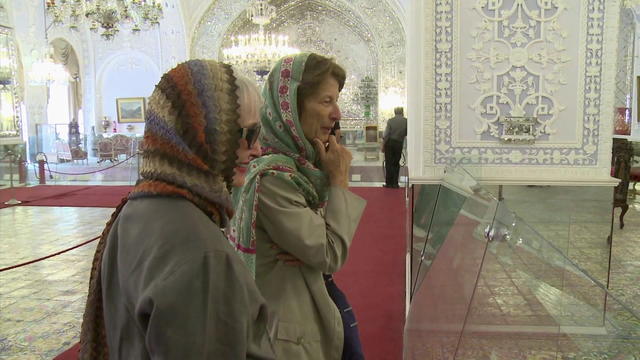
Developers already investing in new projects under the assumption the deal will go through and sanctions will be eased
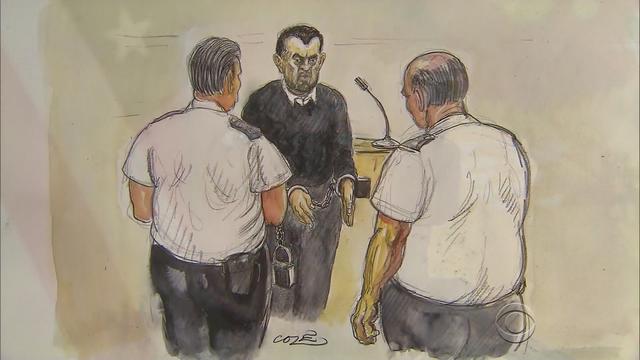
A London cabbie was convicted Thursday for building roadside bombs used in Iraq, including one that killed a U.S. soldier and wounded others

Give Johannes Stoetter some paint and human bodies and he'll create an incredible illusion